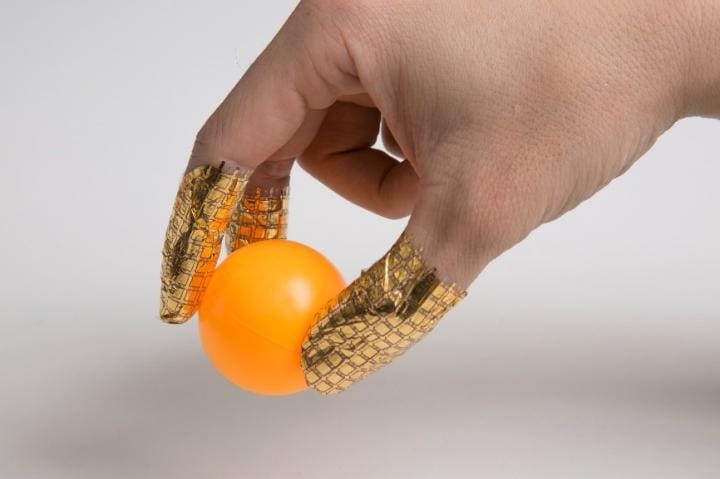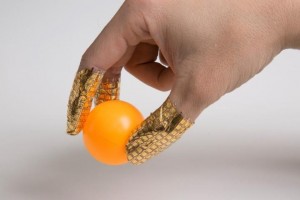Ultra-Thin Pressure Sensor Could Be Used to Detect Breast Cancer

A team of scientists from Japan and the US led by the University of Tokyo have developed an ultra-thin pressure sensor that could be used to detect breast cancer. The sensor maintains its accuracy in calculating pressure distribution when deformed to adapt to curved surfaces. The study has been published in the journal Nature Nanotechnology.
Current pressure sensors are relatively deformable, but lose their accuracy after being twisted or wrinkled. For this reason, pressure sensors can’t be used to measure complex surfaces. These sensors are also quite thick, around 100 micrometers, due to production limitations. Dr. Sungwon Lee et al. identified the potential of flexible electronics for wearable devices that could be used to identify surface irregularities in human skin, like breast cancer.
A pressure sensor that works under extreme bending conditions
The team developed a flexible sensor based on carbon nanotubes, graphene and an elastic polymer. These components were combined to create fibers with a 300-700 nanometers diameter, that were intertwined to create an ultra-thin mesh. With this material, they created a sensor matrix 2 micrometers thick with 144 measurable pressure points. In the simulations, the authors show that fibers change their alignment to adjust to deformations, reducing the stress in each fiber.
This experimental pressure sensor could be the basis for future use of sensors in soft robotics and medical systems. Physicians could use pressure sensitive rubber gloves to evaluate curvilinear and dynamic surfaces like human skin.
Source: UTokyo

